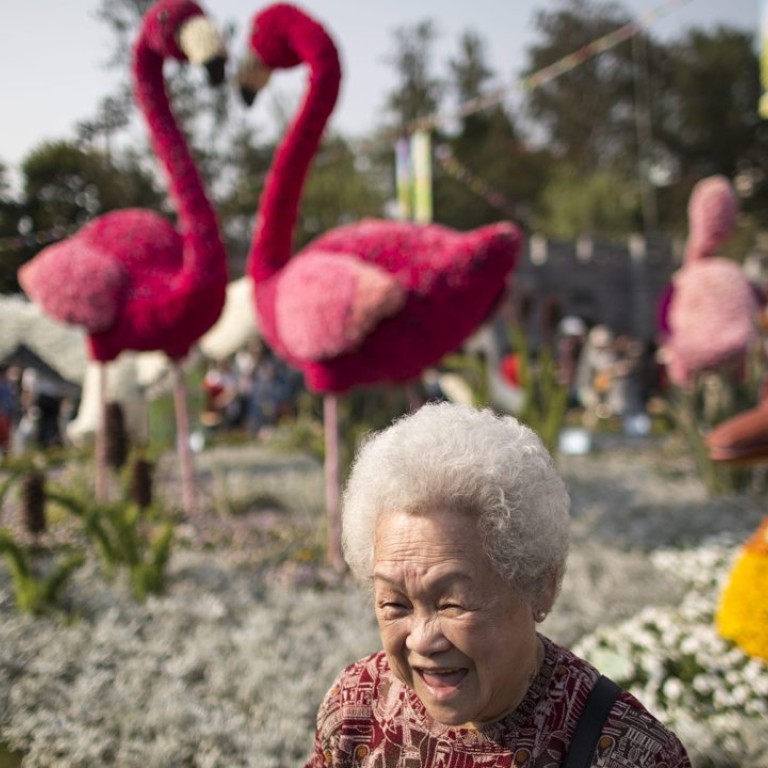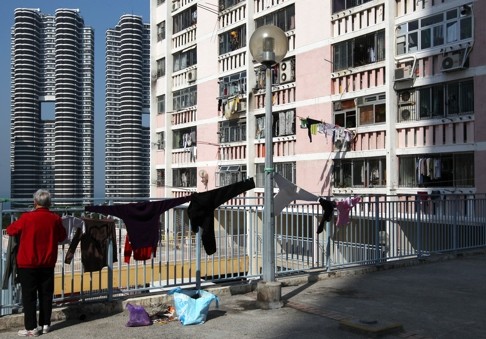
Hong Kong has a problem with population ageing, rather than an elderly problem
Erik Tollefson says if an increase in the number of seniors is seen as simply a drain on resources, we’ll miss the opportunity to overhaul health care and housing to provide useful interventions
A problem of ageing calls for a radical rethink of how key services, such as health care and housing, are delivered
Although these statistics account for poverty via an income threshold (and not total asset holdings), they offer a visceral portrait of the problem: impoverished seniors lacking an adequate pension or timely health care access. This consensus, however, while containing a kernel of truth, is ultimately incomplete. Hong Kong is not so much facing an elderly problem as an ageing problem. The latter interpretation offers greater conceptual clarity and offers new policy options to address the problem.
Demographic statistics paint a clear picture of how both problems will emerge. According to government statistics, the proportion of our population aged 65 and above is slated to double, to 31 per cent by 2036. The ageing of the population will have an important effect on the workforce. In addition to an increased median age in the population, estimated to reach 50 by 2036, without substantial immigration, only half of Hong Kong’s residents will be active in the workforce by that time.
The needs of an older population, coupled with fewer workers to pay taxes, will put a tremendous strain on Hong Kong’s public finances and facilities, including already deteriorating hospitals.
READ MORE: Can Hong Kong rise to the challenge of changes to its population dynamics?

READ MORE: Hong Kong struggles to cope with its rapidly ageing population
While the underpinning demographics are unlikely to change, the two different ways of looking at the problems provide potentially different policy prescriptions. Indeed, if Hong Kong essentially has an elderly problem, the main solution is to save resources until the storm hits in the future.
The government’s “future fund” is based on this thesis, putting aside HK$220 billion in the government’s land fund and a third of budget surpluses to serve as a down payment for future expenses related to a burgeoning elderly population, including health care, and providing a fiscal cushion for future budgets with expected lower tax revenue.
If the problem is conceptualised as one of ageing, however, the policy solutions are quite different. As the population grows older, the government should gradually increase investment in key areas to assist individuals at key stages in their development – starting today. Continued investment in health care is straightforward: while the government’s plan to subsidise the purchase of private health insurance may shift some of the fiscal pressure, without substantial subsidies, it is unlikely to help those close to and in middle age to start dealing with chronic health issues.
READ MORE: How Hong Kong’s ageing population is making it more challenging to help the city’s poor
Investment in housing for the elderly would also go a long way to remove the nexus between poverty, poor health and the potential inability to work.
The way the problem is ultimately conceptualised matters. A problem of increasing elderly becomes, by default, a fiscal problem of adequate saving to cover expenses. A problem of ageing calls for a radical rethink of how key services, such as health care and housing, are delivered. It also demands the government to understand the passage of the population as it gets older to provide key interventions to help individuals successfully participate in society for longer.
If Hong Kong is serious about facing the demographic tsunami that is quickly approaching, deeper thought about ageing, and how the city will deal with it, is needed.
Erik Tollefson is a freelance economic analyst
